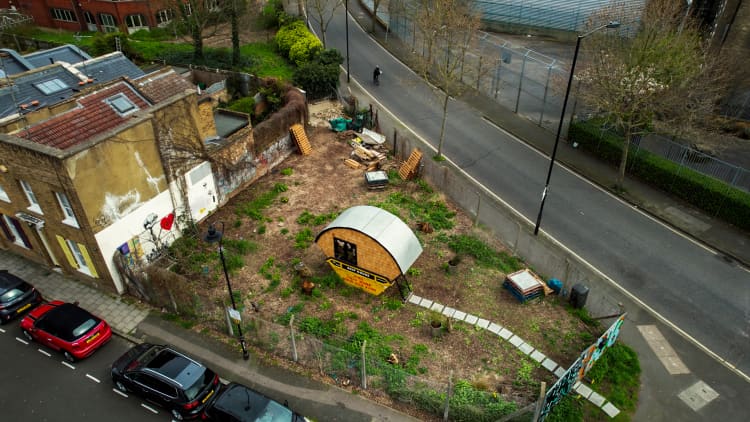Burnout can sneak up on us without warning.
The most common cause of burnout, of course, is our jobs. According to the World Health Organization, burnout is typically the result of "chronic workplace stress that has not been successfully managed."
While exhaustion, cynicism and reduced productivity are some of the most obvious signs of job burnout, there are other sneaky symptoms you might be missing, including procrastination, constant distraction and apathy, according to Wendy Suzuki, a neuroscientist at New York University.
There's no foolproof solution for beating burnout, says Debbie Sorensen, a Harvard-trained clinical psychologist in Denver. But you can ward off burnout by being vigilant about the early signs and leaning on one simple habit: self-awareness.
You might already be practicing self-awareness — anytime you pay attention to your thoughts, feelings and behaviors, whether it's journaling or having an internal dialogue with yourself counts, says Sorensen. But self-awareness is only effective in staving off burnout when it's a consistent habit.
Sorensen offers a 3-step practice you can do next time you start to feel overwhelmed with stress called "Pause, Notice, Choose" where you:
- Pause: When you notice that you're feeling highly stressed (or any other intense emotion), pause and create a little space for yourself, whether it's going for a short walk outside or sitting in a quiet room alone for a few minutes.
- Notice: Check in with yourself and notice your thoughts, emotions and bodily sensations. Ask yourself: "Where is this feeling coming from, and why is it coming up now?"
- Choose: Consider your values, or what's most important to you in this situation and the person you want to be, and respond to the situation by acting as your best self would. Reset your emotions with a positive distraction, whether it's calling someone you love or listening to soothing music.
The whole exercise "only takes five minutes," says Sorensen. But self-awareness is an ongoing process, and there is no one right way to do it, she adds. The important thing is to be intentional about it, and to be patient with yourself.
Research suggests that self-awareness can help you be more confident and creative, make sounder decisions and communicate more effectively.
You can also prevent burnout by re-framing how you think about stress, Sorensen notes. She points to a study done by researchers at the University of Wisconsin-Madison, which found that high levels of stress can increase the risk of premature death by 43% — but only among those who believed stress was very harmful. Those who did not see stress as harmful were no more likely to die.
"As one of my colleagues once told me, 'When you're stressed about stress, you're stressed,'" says Sorensen. "While extreme, chronic stress is an indicator that we need to make changes to our routine, it's helpful to remember that stress is a normal part of having a busy, full life, and not to panic about it right away."
DON'T MISS: Want to be smarter and more successful with your money, work & life? Sign up for our new newsletter!
Get CNBC's free report, 11 Ways to Tell if We're in a Recession, where Kelly Evans reviews the top indicators that a recession is coming or has already begun.
Check out:
This psychologist advises Fortune 500 companies—here are her best tips for avoiding burnout
3 sneaky signs you're burned out at work, according to a neuroscientist—and what to do about it



